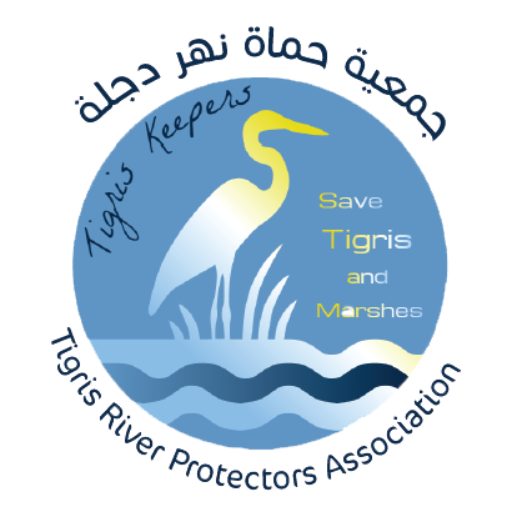Public Policy: Environmental Protection and Sustainable Development in IraqPublic Policy:
Introduction
Humat Dijlah is a social environmental movement operating on a national scale in Iraq. Managed by the Tigris River Protectors Association, the organization aims to diagnose environmental problems in Iraq and develop realistic alternatives through monitoring, advocacy, and implementation of technical projects. The paper provides a comprehensive framework for achieving sustainable development and protecting Iraq’s environment for the benefit of present and future generations.
Vision
Humat Dijlah envisions the environmental movement as the most widespread and influential force capable of changing the environmental reality in Iraq. By mobilizing communities, fostering collaboration, and advocating for sustainable practices, we strive to create a greener and healthier environment.
Core Values
Our organization is guided by the following core values:
3.1 Equality: We believe in promoting equality in access to environmental resources and opportunities.
3.2 Transparency: We prioritize transparent communication and decision-making processes within our organization and with external stakeholders.
3.3 Participatory: We encourage active participation and engagement of all stakeholders in decision-making and environmental initiatives.
3.4 Integrity: We uphold the highest standards of honesty, professionalism, and ethical conduct in all our activities.
3.5 Respect: We value and respect the diversity of perspectives, cultures, and individuals in our organization and society.
3.6 Acceptance of Opinions: We encourage a culture of open dialogue, embracing diverse opinions and constructive criticism to foster innovation and improvement.
3.7 Protecting the Environment for Humanity: We recognize the intrinsic value of the environment and prioritize its protection for the well-being of present and future generations.
3.8 Openness: We promote transparency and collaboration, fostering an open exchange of ideas and knowledge among stakeholders.
3.9 Independence: We maintain our independence to ensure unbiased decision-making and the pursuit of the best interests of the environment and society.
3.10 Safety First: We prioritize the safety of our team members, stakeholders, and the environment in all our activities.
3.11 Management of Resources: We are committed to efficient and responsible management of resources to maximize positive environmental impacts.
Objectives
4.1 Rationalizing Water Consumption in Agricultural Irrigation
Objective: Promote the replacement of current irrigation systems with modern technologies in agricultural areas with high density.
Strategies:
a. Conduct engineering surveys to assess the suitability and value of modern technologies for Iraqi agricultural lands.
b. Conduct an economic feasibility study to evaluate the cost-effectiveness of adopting modern irrigation systems.
c. Survey agricultural lands to understand current irrigation practices and identify areas for improvement.
d. Coordinate with agricultural associations, the Engineers Syndicate, and the Water Consumers Association to foster collaboration and knowledge sharing.
e. Prepare and train farmers, equipping them with the necessary skills to implement modern irrigation techniques.
f. Seek partnerships with financiers interested in investing in the agricultural sector.
g. Collaborate with the Ministries of Agriculture and Water Resources as executive partners in implementing irrigation projects.
h. Conduct media promotions and marketing campaigns to highlight the benefits of modern irrigation systems over traditional methods.
i. Conduct a comparative study to assess the impact of implementing modern irrigation systems on water consumption and agricultural productivity.
4.2 Reducing Water Pollution
Objective: Advocate for sustainable alternatives to the current drainage of wastewater and sewage into rivers, with the aim of repairing or installing new treatment systems and improving the current treatment system by 30% in all stations.
Strategies:
a. Survey and classify different types of pollution resulting from the discharge of sewage into rivers.
b. Coordinate with the Ministries of Municipalities, Works, Water Resources, Environment, and Health to foster collaboration and jointly address water pollution issues.
c. Launch media and awareness campaigns to educate the public about the importance of preventing water pollution.
d. Develop clear standards to determine the quality of water permissible for release into rivers, based on Iraqi regulations.
e. Work towards achieving the sustainable development goals related to wastewater management.
f. Regularly review and evaluate the stages of implementation, ensuring continuous improvement and scaling up of successful initiatives.
